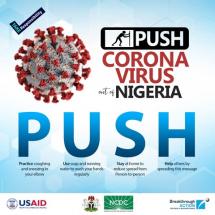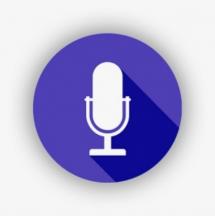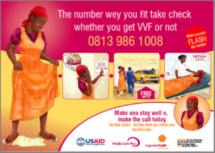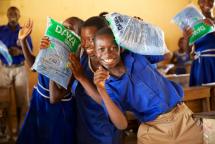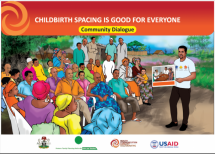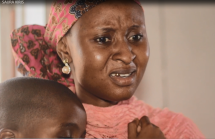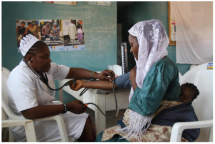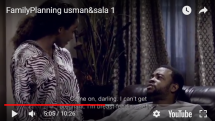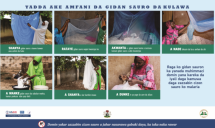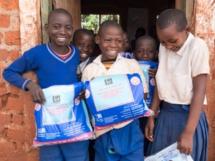Breakthrough ACTION COVID-19 Nigeria
Due to the outbreak of the novel coronavirus (COVID-19) in December 2019, the World Health Organization (WHO) had prioritized 13 African countries including Nigeria as the most vulnerable countries for importation of COVID-19.
Since the confirmation of an index case in the country, the Federal Ministry of Health (FMOH), Nigerian Centre for Disease Control (NCDC) and WHO commenced the coordination of a response and preparedness plan. One of the components of the plan is Risk Communication and Community Engagement (RCCE) with an Incident Action Plan (IAP), which articulates communication objectives and illustrative activities proposed by the NCDC.Through partnership and collaboration,
Breakthrough ACTION Nigeria will work to support the Nigerian Government and RCCE country-level pillar leadership (currently the Health promotion division of the FMoH, NCDC, WHO and UNICEF) with technical assistance to adapt and contextualize plans, tools, templates, and materials to support the preparedness and/or response activities required by Nigeria.
Activities/ materials:
Audio Spots and Advance Dial Prompts
Audio Spots
10 (60secs) audio spots on self-isolation for international travelers. In these spots (available in Yoruba, Hausa, Igbo, Pidgin, and English) two men/ two women discuss having just returned from travel and the need to stay self-isolated.
Advance Dial Prompts:
These are voice messages that users receive after they dial but before their call connects. They are available in Igbo, Hausa, Pidgin, Yoruba, and English.
PUSH COVID-19 Challenge
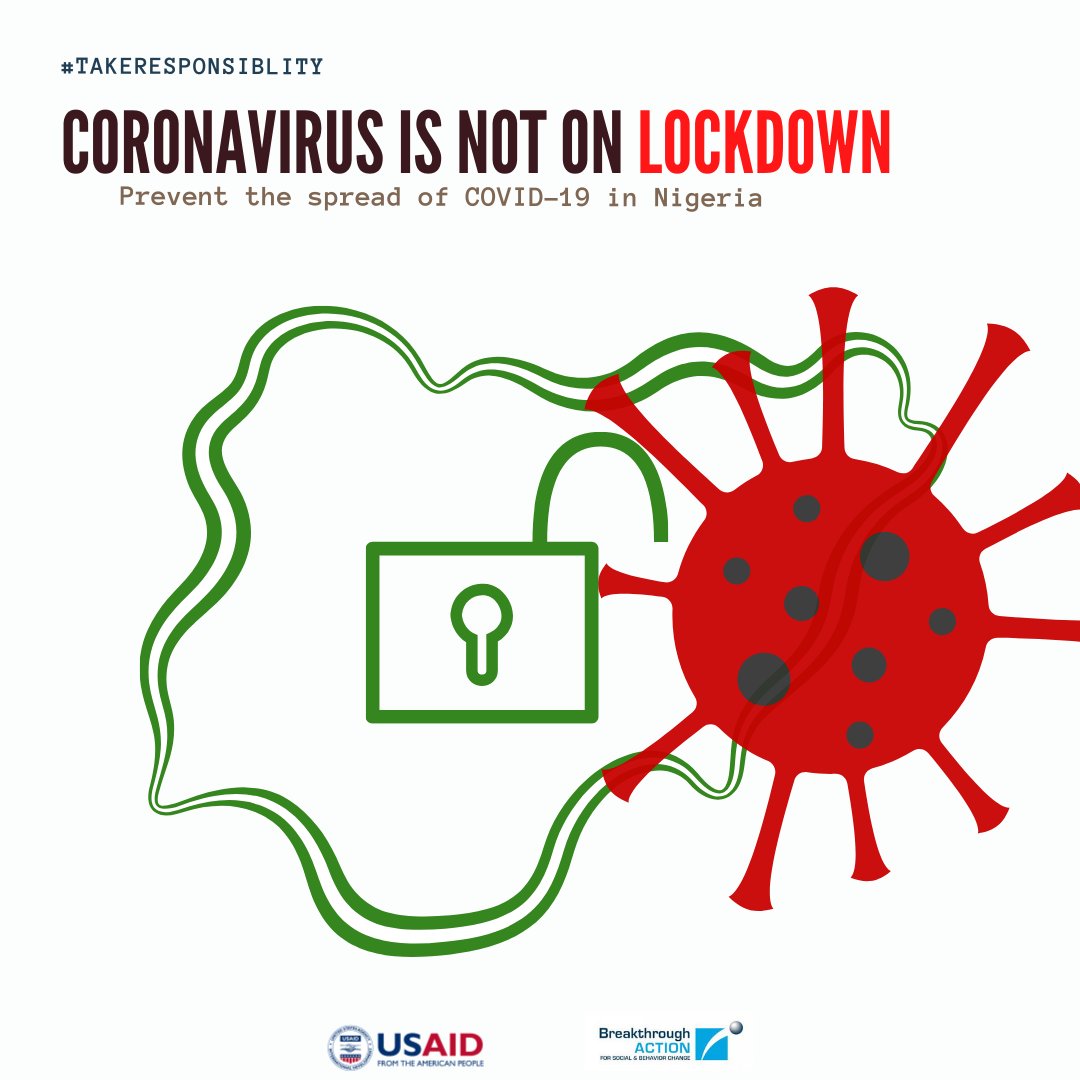
https://twitter.com/BANigeria/status/1257248699903889408/photo/1
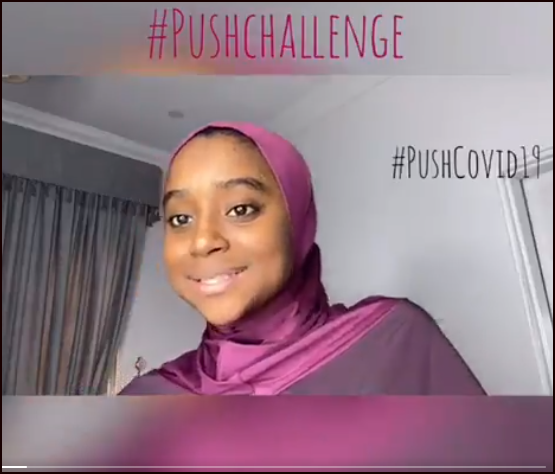
https://twitter.com/i/status/1258290872896151553
Source: Breakthrough ACTION/Johns Hopkins Center for Communication Programs
Date of Publication: May 31, 2020
SIMILIAR RESOURCES
Tools
Examples
- KAP COVID: Exploring Knowledge, Attitudes, and Practices for COVID-19 Prevention
- Creating Mobile Health Solutions for Behaviour Change: A Study of Eight Services in the mNutrition Initiative Portfolio
- COVID-19 Communication Materials for the Americas
- Fake News Can Be Deadly. Here's How to Spot It
- Promoting Quality Malaria Medicine through Social and Behavior Change Communication
- The mHealth Planning Guide: Key Considerations for Integrating Mobile Technology into Health Programs
- Promoting Quality Malaria Medicines Through SBCC: An Implementation Kit
- Johns Hopkins Coronavirus Resource Center
- Coronavirus — COVID-19 Factsheet
- Gapminder

